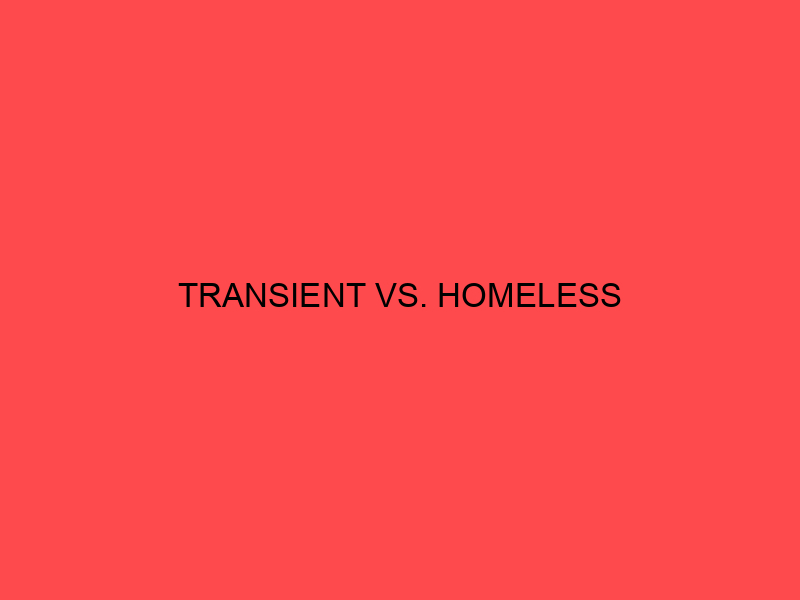-
Homeless
Homelessness is the condition of people without a permanent dwelling, such as a house or apartment. People who are homeless are most often unable to acquire and maintain regular, safe, secure and adequate housing. The legal definition of homeless varies from country to country, or among different jurisdictions in the same country or region. The term homeless may also include people whose primary night-time residence is in a homeless shelter, a domestic violence shelter, long-term residence in a motel, a vehicle, squatting, cardboard boxes, a tent city, tarpaulins, shanty town structures made of discarded building materials or other ad hoc housing situations. According to the UK homelessness charity Crisis, a home is not just a physical space: it also provides roots, identity, security, a sense of belonging and a place of emotional wellbeing. United States government homeless enumeration studies also include people who sleep in a public or private place not designed for use as a regular sleeping accommodation for human beings. There are a number of organizations who provide help for the homeless.
In 2005, an estimated 100 million (1 in 65 at the time) people worldwide were homeless and as many as 1 billion people live as squatters, refugees or in temporary shelter, all lacking adequate housing. In Western countries, the large majority of homeless are men (75–80%), with single males particularly overrepresented.
Most countries provide a variety of services to assist homeless people. These services often provide food, shelter (beds) and clothing and may be organized and run by community organizations (often with the help of volunteers) or by government departments or agencies. These programs may be supported by the government, charities, churches and individual donors. Many cities also have street newspapers, which are publications designed to provide employment opportunity to homeless people. While some homeless have jobs, some must seek other methods to make a living. Begging or panhandling is one option, but is becoming increasingly illegal in many cities. People who are homeless may have additional conditions, such as physical or mental health issues or substance addiction; these issues make resolving homelessness a challenging policy issue.
Homeless people, and homeless organizations, are sometimes accused or convicted of fraudulent behaviour. Criminals are also known to exploit homeless people, ranging from identity theft to tax and welfare scams. These incidents often leads to negative connotations on the homeless as a group.
-
Transient (adjective)
Passing or disappearing with time; transitory.
“a transient pleasure”
-
Transient (adjective)
Remaining for only a brief time.
“a transient view of a landscape”
“a transient disease”
-
Transient (adjective)
Decaying with time, especially exponentially.
-
Transient (adjective)
having a positive probability of being left and never being visited again.
-
Transient (adjective)
Occasional; isolated; one-off
-
Transient (adjective)
Passing through; passing from one person to another.
-
Transient (adjective)
Operating beyond itself; having an external effect.
-
Transient (noun)
Something which is transient.
-
Transient (noun)
A transient phenomenon, especially an electric current; a very brief surge.
-
Transient (noun)
A relatively loud, non-repeating signal in an audio waveform which occurs very quickly, such as the attack of a snare drum.
-
Transient (noun)
A person who passes through a place for a short time; a traveller; a migrant worker
-
Transient (noun)
An unhoused person
-
Homeless (adjective)
Lacking a permanent place of residence.
“Whenever I pass the park, I see the homeless people sleeping on the benches.”
-
Transient (adjective)
lasting only for a short time; impermanent
“a transient cold spell”
-
Transient (adjective)
staying or working in a place for a short time only
“the transient nature of the labour force in catering”
-
Transient (noun)
a person who is staying or working in a place for a short time only.
-
Transient (noun)
a momentary variation in current, voltage, or frequency.
-
Homeless (adjective)
(of a person) without a home, and therefore typically living on the streets
“charities for the homeless”
“the plight of young homeless people”

